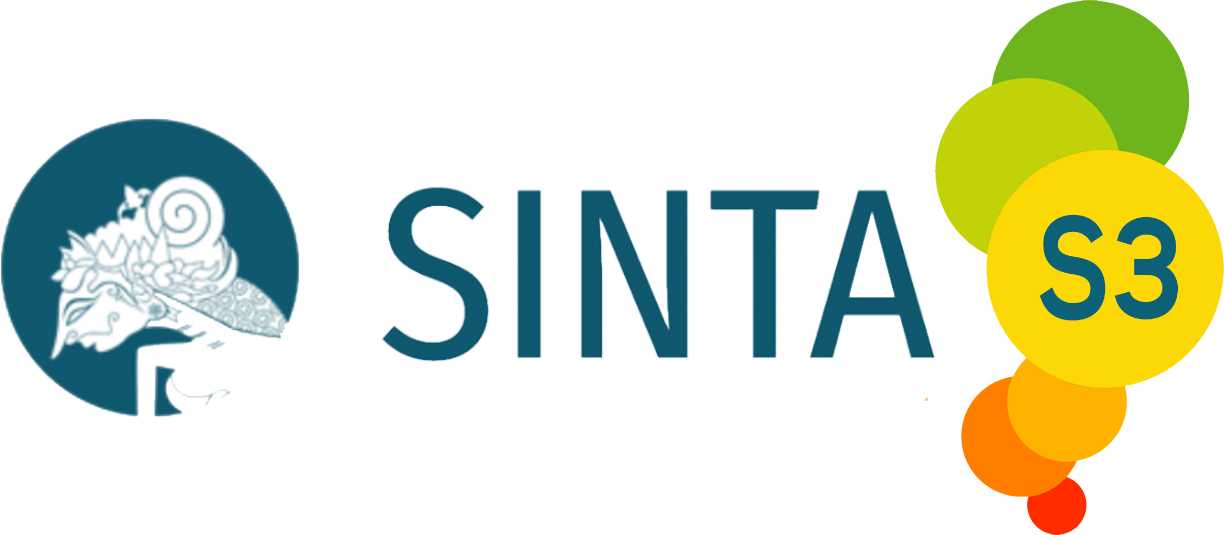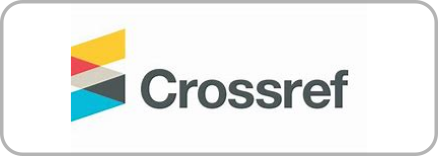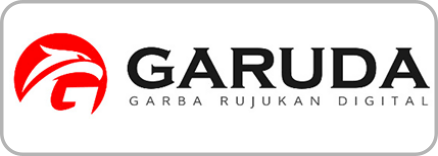Negative Communication on The Perspective of Indonesian Religion Ministry in Tafsir Tematik Departemen Agama: An Effort to Build Positive Attitudes and Words
DOI:
https://doi.org/10.12928/taqaddumi.v3i1.8189Keywords:
Islamic Communication, Thematic Interpretation, Quran and CommunicationAbstract
Many people miss understanding more deeply that Koran only talks about the lawful and unlawful, the reward for sin, and heaven and hell. The Koran is a holy book that presents various general descriptions of issues in human life. In the present context, the Quran can always adapt itself, its understanding is not only limited to 1500 years ago, and the sentences in it are so rich in messages. The wealth of Quranic sentences are strung together in many existing commentary books. One of the thematic studies of the Koran is about communication and information in the Koran. Overall, the Quran is the book of God's communication with his creatures, in which it contains the creator's “talk” to humans to listen, respond, and carry out orders, human understanding of this form of Quranic communication will lead to many positive actions. One thing that may be overlooked is that positive actions do not always come from positive sentences, there are passages in the Quran which in their communications present negative sentences to turn them into positive actions. This research is a qualitative study using a text analysis approach, the main source obtained in this study comes from the thematic interpretations written by the team of the Republic of Indonesia's Department of Religion. The conclusion of this study found several verses with negative nuances mentioned in the Quran so that humans remember and stay away from them.
References
Ad-Zahabi, Muhammad Husein. Dosa-dosa Besar. Jakarta: Ummul Qura, 2014.
Akil, M. A.. Integrasi al-Quran dan Sains: Satu Persfektif Komunikasi. Jurnal Dakwah Tabligh 18, no. 1 (2016): 30-49.
Al-Manzur, J. I. Lisan 'Arab. Beirut: Daar Ashodir, 2010.
al-Maraghi, A. M. Tafsir al-Maraghy. Mesir: Al-Babi al-Halabi, 1974.
Anwar, 2018. Menelaah Pola Komunikasi Dalam Dialektika al-Quran dan Implementasinya Dalam Berdakwah Multikulturan. Tafkir 11, no. 2 (2018): 3-15.
Baqi, M. F. A. Lu'lu wa al-Marjan. Semarang: al-Ridha, 2011.
Dahlan, M. S. Etika Komunikasi Dalam al-Quran dan Hadits. Jurnal Dakwah Tabligh 15, no.1 (2014): 115-123.
Ghifari, M. I. d. S. A. Analisis Kontektual Atas Tafsir Departemen Agama Republik Indonesia. Jurnal Iman dan Spiritualitas 2, no. 1 (2022): 97-102.
Hamka. Tafsir al-Azhar. Jakarta: Pustaka Panjimas, 2008.
Ilyas, M. Komunikasi Persuasif Menurut Quran. Tajdid 11, no. 1 (2010): 8-30.
Ismatullah, A. Etika Berkomunikasi Dalam al-Quran: Analisis Penafsiran Hasbi Ash-Shiddiqie Dalam Tafsir an-Nur. Lentera 1, no. 2 (2017): 129-145.
Kurniawan, M. A. Tinjaun Strategi Wacana Kuasa Pemerintah Dalam Tafsir al-Quran Tematik Kementrian Agama RI. Hermeneutik: Jurnal Ilmu al-Quran dan Tafsir 13, no. 2 (2019): 36-62.
Makarma, A., 2014. Komunikasi dakwah Efektif Dalam Persfektif al-Quran. Jurnal Hunafa 11, no. 1 (2014): 127-151.
Muhadirsyah. Etika Dalam Komunikasi Islam. Jurnal Peurawi 1, no. 1 (2017): 2-20.
Muttaqin, 2017. Tafsir Tentang Etika Komunikasi: Studi Terhadap Konsep Etika Komunikasi Lisan Dengan Baik dan Benar Surat al-Isra 53 dan Al-Ahzab 70. Jurnal at-Tarbiyah: Jurnal Pendidikan Islam 4, no. 1 (2017): 1-15.
Quran, L. P. M. Tafsir Tematik Departemen Agama RI: Komunikasi dan Informasi. 3 ed. Jakarta: Badang Litbang Kementrian Agama, 2011.
Shihab, M. Q. Tafsir Misbah. 3 ed. Jakarta: Lentera Hati, 2005.
Sihabudin. Ensiklopedia al-Quran. Jakarta: Lentera Hati, 2007.
Simamora, I. Y., 2018. Komunikasi Verbal Dalam al-Quran. Jurnal Pengabdia Masyarakat 5, no. 5 (2018): 20-35.
Sumarlan, I., Firmansyah, R. & Darmawan, H. AL-Quran Communication Pattern and Effort to Build Positive Communication. JSS: Journal of Social Studies 17, no. 2 (2021): 255-270.
Wahidah, N. R., Mufida, N., Roja, A. & As'ary, M. H. H. Fiqh Toleransi Dalam Persfektif al-Quran Departemen Agama. Maghza 1, no. 2 (2016): 105-115.
Wartini, A. Tafsir Tematik Kemenag: Studi al-Quran dan Pendidikan Anak Usia Dini. Thufula 5, no. 1 (2017): 3-26.
Downloads
Published
Issue
Section
License
Copyright (c) 2023 Rizki Firmansyah

This work is licensed under a Creative Commons Attribution-ShareAlike 4.0 International License.
License and Copyright Agreement
In submitting the manuscript to the journal, the authors certify that:
- They are authorized by their co-authors to enter into these arrangements.
- The work described has not been formally published before, except in the form of an abstract or as part of a published lecture, review, thesis, or overlay journal. Please also carefully read the Taqaddumi Author Guidelines at http://journal2.uad.ac.id/index.php/taqaddumi/about/submissions#onlineSubmissions
- That it is not under consideration for publication elsewhere,
- That its publication has been approved by all the author(s) and by the responsible authorities – tacitly or explicitly – of the institutes where the work has been carried out.
- They secure the right to reproduce any material that has already been published or copyrighted elsewhere.
- They agree to the following license and copyright agreement.
Copyright
Authors who publish with the Taqaddumi Journal agree to the following terms:
- Authors retain copyright and grant the journal right of first publication with the work simultaneously licensed under a Creative Commons Attribution License (CC BY-SA 4.0) that allows others to share the work with an acknowledgment of the work's authorship and initial publication in this journal.
- Authors are able to enter into separate, additional contractual arrangements for the non-exclusive distribution of the journal's published version of the work (e.g., post it to an institutional repository or publish it in a book), with an acknowledgment of its initial publication in this journal.
- Authors are permitted and encouraged to post their work online (e.g., in institutional repositories or on their website) prior to and during the submission process, as it can lead to productive exchanges, as well as earlier and greater citation of published work.








